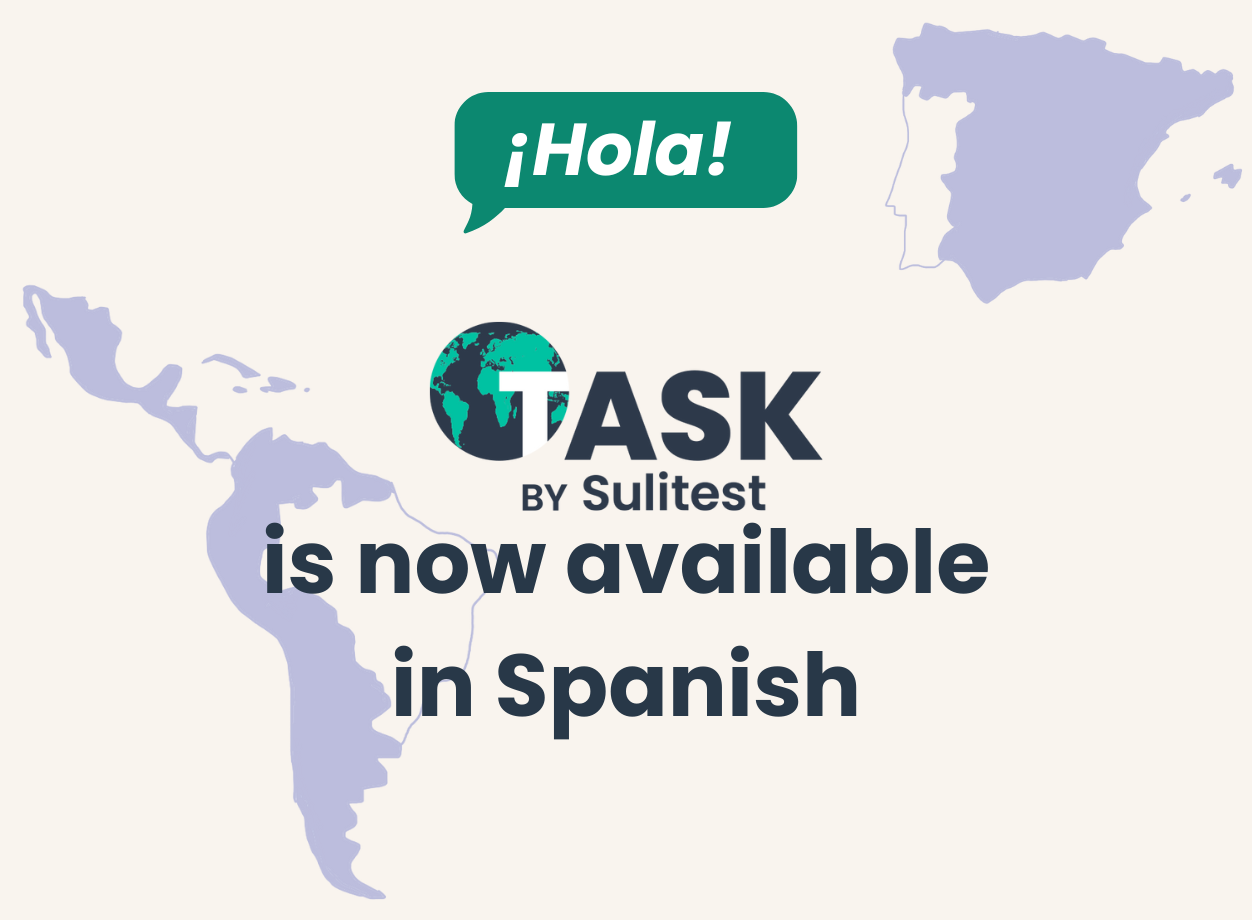
Sulitest at THE Global Sustainable Development Congress 2025

In June 2025, Sulitest proudly participated in the Times Higher Education Global Sustainable Development Congress in Istanbul, where global leaders in academia, policy, and youth movements came together to advance sustainable development through education. Our co-founder, Jean-Christophe Carteron, contributed to five impactful sessions.
A powerful message echoed throughout the event was that students must be included, not just consulted, in the conversations and decisions that shape sustainability education. They need the capacity and opportunity to sit at the same table as policymakers and academics, because youth are not only tomorrow’s leaders—they are today’s changemakers.
This blog offers a summary of the key insights and takeaways from the sessions we led or participated in, as well as reflections on emerging trends and the evolving landscape of sustainability in higher education.
Roundtable: Impact Frameworks for Measuring and Reporting Progress
The call to shift from compliance-based reporting to proactive strategy-building was clear. Reporting tools, when designed around impact, can serve as a catalyst for institutional transformation. However, frameworks and impactful reporting mechanisms remain underused.
One of the trends highlighted by THE during the event revealed a significant gap: while 63% of universities participating in the rankings say they measure sustainability literacy, only 14% were able to provide relevant evidence.
This raises an important question—if what students learn is higher education’s biggest contribution to sustainability, shouldn’t we be able to measure and report it more effectively?
At Sulitest, we see this as both a challenge and an opportunity. TASK™ (The Assessment of Sustainability Knowledge) not only benchmarks student knowledge and attitudes, but also gives institutions tangible data to inform their sustainability education strategy—making learning outcomes visible, comparable, and actionable.
Keynote: Student Well-Being – The Overlooked Key to Success
Sustainability education is emotionally charged. Exposing students to global crises—climate change, inequality, biodiversity loss—can provoke anxiety, fear, and burnout. This keynote stressed that no matter how strong the pedagogy, students facing mental, financial, or personal difficulties struggle to thrive. Institutions must go beyond academic instruction to address all dimensions of student well-being: mental, physical, financial, social, and environmental.
Furthermore, well-being should not only be protected but also taught—future leaders must learn how to foster it in themselves and their communities. Insights from TASK show disparities between different Human Welfare subjects, and show a correlation between well-being literacy, age, educational attainment and sustainability education.
Workshop: From Frameworks to Practice – Unlocking the Potential of Sustainability Competencies in Higher Education
Co-organised with SOS-International, and facilitated by the HESI-SAG (Students Action Group), this workshop tackled a persistent gap in higher education. Despite the growing demand from both students and employers for sustainability competencies, these frameworks—UNESCO’s, GreenComp, CDEFM, JoinEduc—remain underutilized. One key insight emerged: transformation doesn’t fail because of lack of tools, but lack of uptake. The conversation turned toward how institutions can move beyond alignment on paper to genuine curricular integration, where sustainability becomes a foundation—not a feature—of higher education programs. A summary of takeaways will soon be shared by HESI-SAG.
Fireside Chat & Workshop: Education, Gender and Inequality
This discussion was both a celebration and a critique. While we often speak of education as a driver of equity, this discussion challenged us to confront how higher education can mirror or even magnify societal inequalities. Why? Because our interventions are too fragmented. Change is still often driven by passionate individuals working at the edge of burnout, rather than by systems built for equity.
We need scale, coherence, and resilience across the entire educational ecosystem to tackle widening global inequalities.
THE Green Skills Initiative
During the unveiling of THE’s Green Skills Initiative, we explored in a panel how universities can build the skills and mindsets required for a just and green transition. The emphasis on competency-based learning and recognition for real-world impact mirrored Sulitest’s own mission. As Jennifer O’Brien of the University of Manchester powerfully stated
“Essential, transferable skills—like empathy, resilience, and critical thinking—should never be labeled “soft”, they are invaluable.”
THE’s shift from Rankings to Ratings—from competition to collaboration
A significant announcement at GSDC 2025 was the announced change from THE Impact Rankings to the Sustainability Impact Ratings. It reflects a shift from competitive benchmarking to collaborative improvement. The new Ratings will enable a self-selecting group of committed universities to gain meaningful insights, while promoting shared learning across institutions.
This evolution aligns directly with Sulitest’s vision. Our tool TASK (The Assessment of Sustainability Knowledge) offers institutions a data-driven way to measure and showcase the outcomes of sustainability education. Like THE’s Ratings, TASK is designed to foster both internal transformation and global recognition—a benchmarking platform not for prestige, but for purposeful progress.
Courage, skills, and the path forward
Dawn Freshwater of the University of Auckland inspired the audience by calling on university leaders to show moral courage in defending science and rebuilding higher education’s social contract. “You don’t resolve scepticism about science with more science.” Addressing climate and social crises demands interdisciplinary thinking and emotionally intelligent leadership.
As we return from Istanbul, we’re inspired and energized. The conversations at GSDC confirmed that the work we’re doing—through TASK, through partnerships, and through global advocacy—is not only timely, but essential. The time for half-measures is over. We need courage, consistency, and collaboration to transform higher education into a true lever for sustainability.












